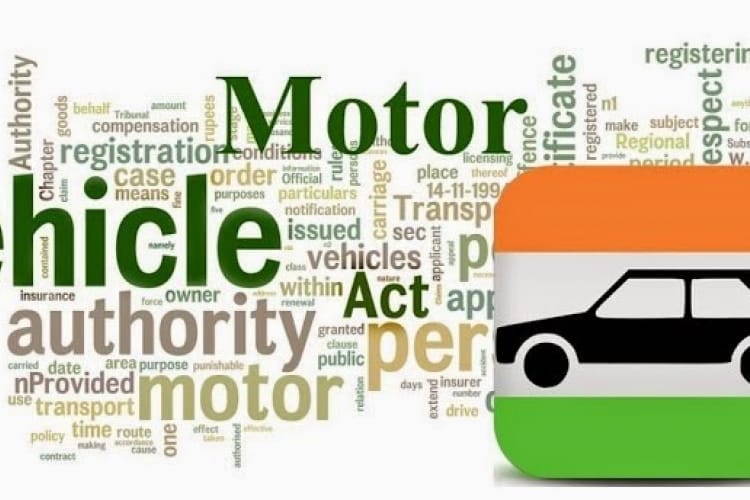
On July 2, 2025, the Supreme Court of India reaffirmed a crucial legal principle under the Motor Vehicles Act, 1988: legal heirs of a deceased driver who dies due to his own rash and negligent driving are not entitled to claim compensation from insurance companies. The Karnataka High Court’s judgement has rejected the request for damages claim by N.S Ravisha’s family which was upheld by a bench consisting of Justice PS Narasimha and R Mahadevan.
Case Background
On June 18, 2014, N.S. Ravisha lost power of a Fiat Linea he was impulsively and hastly driving at high speed, resulting in his catastrophic passing.The death was caused by the overturning of the car. N.S.Ravisha’s wife,son and parents filed damages of ₹80 lakh under Section 166 of the Motor Vehicles Act before the Motor Accident Claims Tribunal (MACT), Arsikere, claiming that his negligence was not the cause of the accident but rather a burst tire.
Tribunal and High Court Findings
The MACT rejected the claim, holding that Ravisha was a self-tortfeasor—a person responsible for his own injury or death—and therefore his legal heirs could not claim compensation. The Karnataka High Court affirmed this decision, relying heavily on the Supreme Court precedent set in Ningamma and others v. United India Insurance Co. Ltd. (2009) 13 SCC 710,which clearly state that if the deceased caused the accident through his own negligence,there will be no compensation granted.
For any queries or to publish an article or post or advertisement on our platform, do call at +91 6377460764 or email us at contact@legalmaestros.com.
The appellants contended that the insurance company should still be held accountable because Ravisha was not the vehicle’s owner, a point that the High Court also addressed.Referring to Minu B. Mehta v. Balkrishna Nayan (1977) 2 SCC 441, the court observed that a borrower of a vehicle is deemed to have stepped into the shoes of the owner and thus cannot claim compensation for injuries or death caused by their own negligence.
Supreme Court’s Rationale and Decision
The Supreme Court dismissed the Special Leave Petition, reiterating the established legal position that insurance companies are not liable to pay compensation when the death results from the deceased driver’s own rash and negligent driving. The bench made this clear that such claims or damages would promote wrongdoer to make money from their wrongful act or deterioration of duty, which is against the law.
This decision highlight the importance of the idea that damages or claim for compensation under the Motor Vehicles Act aim to save blameless sufferer, not those who cause accidents due to their own fault, and sends a strong message against careless driving.
Important lessons for Lawyer and Drivers:
- The Motor Vehicles Act prohibits the heir of a careless driver from claiming damges or compensation.
- The deceased driver is considered a self-tortfeasor, disqualifying their heirs from compensation claims.
- For liability purposes, car borrowers are regarded as owners and are not entitled to damages for mishaps brought on by their own carelessness.
- Insurance companies don’t cover compensation for the death caused by the mistake of the wrongdoer.
- This judgment endorses the insurance compensation companies and fortifies the prohibition against careless driving.
This ruling is consistent with the Supreme Court’s code,which assures that damages under the Motor Vehicles Act is only granted to people who abide because of the recklessness of others rather than their own wrongdoing.







